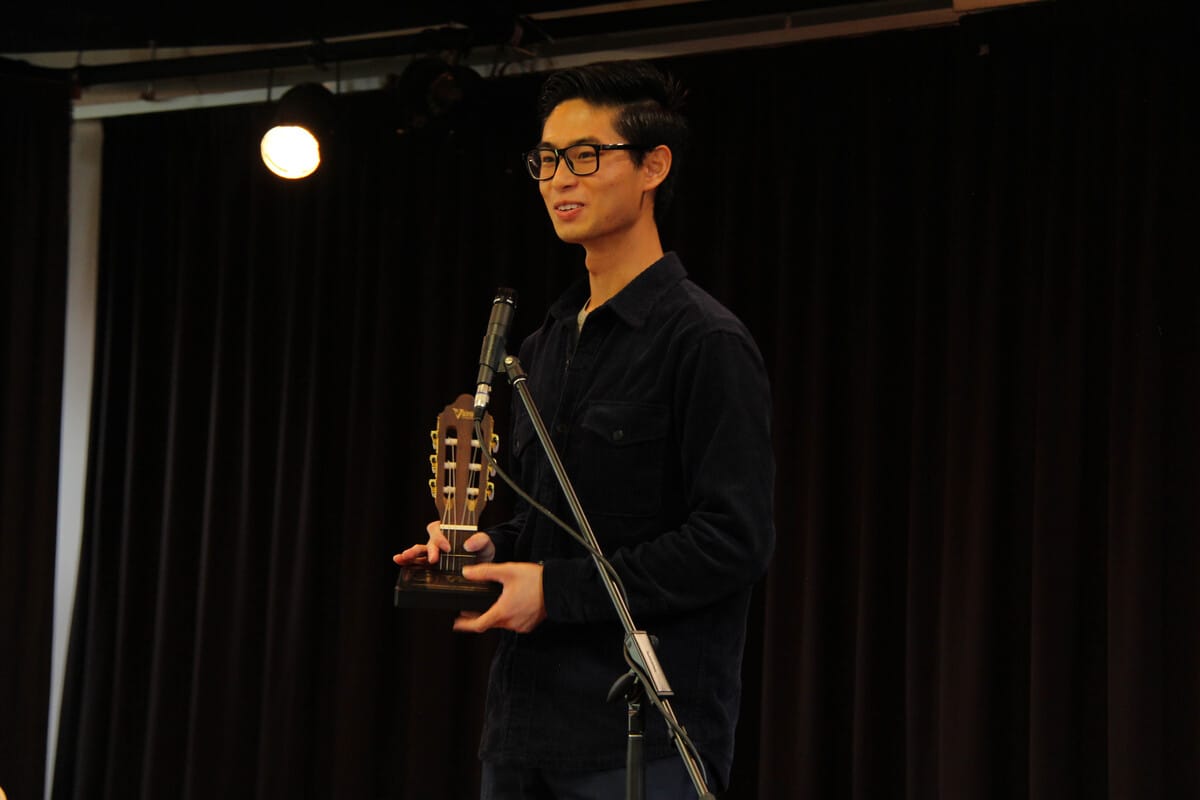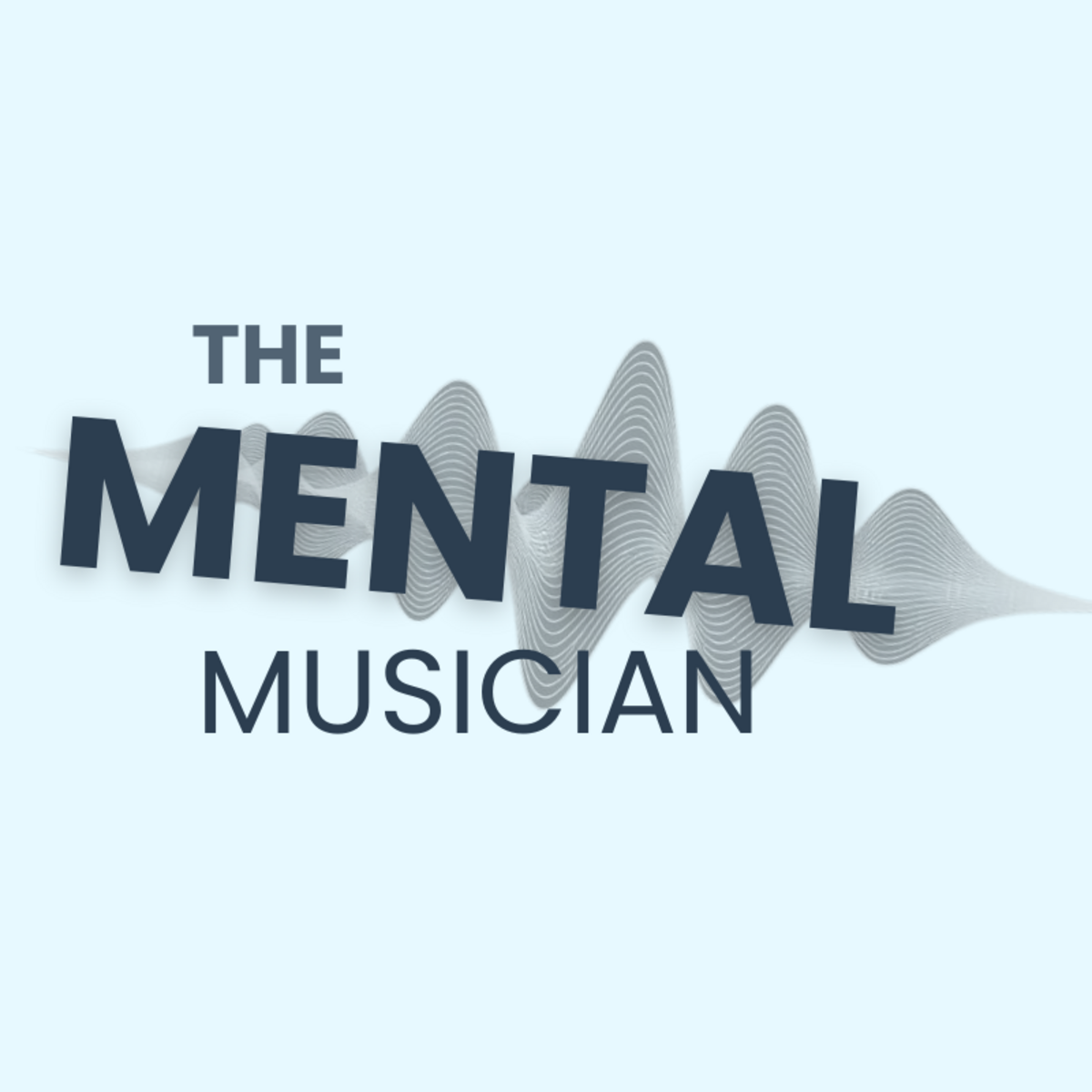“What do you normally think about when asked about the most dangerous drugs to avoid?
Illicit drugs such as cocaine, heroin, and methamphetamine? Perhaps marijuana and cannabis come to mind. Painkillers and antidepressants?
What if you tried to think outside of the box? Some people describe love as a drug. Even power is a drug that can corrupt even the most noble man.
But that’s not what I’m talking about. If you may, for a moment, pardon the over-the-top hyperbolic metaphor, music is the world’s most dangerous drug.
Wait…how can music be a drug? I can already see the confused looks on the faces of non-musicians. But for all you musicians out there, perhaps this isn’t the most outrageous thing you’ve ever heard.
The Ultimate Paradox
Think about it… music, for all its worth, is something that gives us so much joy, happiness, peace, and hope, even at the darkest of times.
Many cultures in the world consider music as a gift from the Gods. So why is it that, for all its magic and wonder, music is a source of a great deal of pain, inner angst, self-loathing, fear, and depression? It just doesn’t make sense! Or does it?
Where does this pain come from?
Almost every musician on the planet, whether they are professional touring musicians or semi-serious hobbyists, will at some point experience some level of self-loathing and mental struggle throughout their career.
The sources of this pain can be both internal and external.
The Battle Within
“I’m not good enough.”
“Do I sound good?”
“Did I write a good song?”
“Was my solo good?”
“I’m not sure if I can do this; it’s getting really hard.”
“I don’t know if I can live up to my potential.”
These are just some of the thoughts and questions that musicians are constantly asking themselves every single day of their lives. In fact, some musicians question themselves every single time they play their instrument.
But why? Well, the simple answer is that musicians are obsessive creatures who are never satisfied and constantly searching for the perfect formula to either play the perfect gig or write the perfect song and to play the perfect solo. The equivalent for a non-musician is the search for the perfect day at work or the perfect date with the missus. If I were a betting man, I’d say that the perfect date is easier to obtain than the perfect improvised jazz solo…
Now, one may think that this is a great trait to have as it means you’re always looking to improve and you’ll never get complacent, and that’s true. In order to be the best version of yourself, you need to be striving for improvement every day. However, when it’s at the expense of your own mental and emotional health, then I strongly believe there needs to be a change in approach so that a balance can be achieved.
If musicians stopped judging themselves based on every performance they gave and stopped measuring their self-worth over every note that they played, then perhaps we might start to see fewer musicians succumbing to depression.
The outside noise
At the risk of sounding like a grumpy old cynic, the fast-paced nature of today’s society has meant people expect results a lot faster and more frequently.
I will admit I often find myself scrolling through Youtube and Instagram, and at times disappointed at how there are thousands of “better” musicians than I am. But I will also admit that I’ve learned to be okay with my limitations as a musician because at 24, I have so much time on my side, and frankly, I like that I can play fingerstyle guitar more than I can burn up on a jazz standard.
Unfortunately, there are many musicians out there who succumb to the trap of constantly comparing themselves to other musicians they see on social media, thinking that they have to be at a certain level to be considered “good” and ultimately becoming so disheartened they give up on their pursuit of a professional music career.
Of course, there is a certain level of commitment that separates the great musicians from the rest, but how many Beethoven, Bach, Charlie Parker, or Miles Davis come around?
Even in other fields, how many basketball players played in the NBA before Michael Jordan came around? Or how many tennis players played in the Open Era before Roger Federer came around? We all want to be great, but perhaps we need to stop glorifying the Charlie Parker or John Coltrane-esque type musician who practices 12 hours a day and sacrifices every other aspect of their life as a reason for their greatness.
I suggest that every jazz musician who believes that’s the only way to be great, to watch any documentary that details their life.
After you find out that, for all the virtuosic playing and artistry, they were emotionally damaged and tortured men who failed at being husbands and fathers, then decide whether or not that absurd amount of pressure is justifiable. Imagine telling your own child that they need to become the next Bill Gates or Elon Musk or you will disown them. You wouldn’t put that amount of absurd pressure on your own child, so why do this to yourself?
As a music teacher or mentor, if you have a student who loves music with a passion, they will find their own way to naturally practicing music every day, and when that happens, it won’t feel like practice, because it’s what they love to do. This is how current superstar and extraordinaire Jacob Collier plied his trade, as he often tells in interviews that his mum never ever put pressure on him to practice but to only discover and explore music at his terms.
Ultimately this led to him frequently practicing and making music every single day of his childhood, something that he continues to do today!
Moving Forward
I can hear a lot of music academics and university teachers lamenting my thoughts, and on the contrary, I can hear other musicians breathing a sigh of relief as they finally have someone who understands their struggles.
I’m not saying we need to radically change the way we teach music and start being all “nice and gentle.” What I’m saying is that there needs to be a balance between both sides and a better understanding of the strong role mental health plays in a musician’s development. Maybe we can start by encouraging all our young musicians that they don’t need to be the great virtuosos in order to be considered great.
Maybe we can start by telling them it’s okay to make a mistake because music is an endless road filled with bumps and turns.
Maybe we can remind ourselves that discovering what music can give to you is a beautiful journey.
Just maybe…


